Centrifugal Force
What is Centrifugal Force
Centrifugal force is an apparent force experienced by an object going around a curve or circular path. It is an outward force felt by the object in its frame of reference and directed away from the center of curvature. It is opposite to the centripetal force but not a reaction of the latter.
Is Centrifugal Force Real
The centrifugal force is real for an observer in the rotating frame of reference, i.e., the non-inertial frame. It does not exist for a stationary observer in the inertial frame of reference. Therefore, the centrifugal force is also called a pseudo force.
Examples of Centrifugal Force
Here are some examples of centrifugal force in real life.
- When the wheels of a vehicle rotate on a dirty wet road, they scatter mud around them due to the centrifugal force.
- Earth spins about its axis, thus creating a centrifugal force. A person standing on the surface experiences this force in a direction away from the axis. Earth’s gravitational force keeps objects pinned on the surface.
- A bucket of water rotating in a vertical plane does not spill water because it is pinned to the bottom by centrifugal force.
- Children sitting on a merry-go-round experience an outward pull as it rotates about its vertical axis.
- Centrifugal force results in the bulging of the Earth at the equator and flattening at the poles.
- A top spinning on its axis experiences a centrifugal force.
- A ball attached to a string experience centrifugal force when it twirls
How Does Centrifugal Force Exist in Driving
Centrifugal force is often associated with a vehicle that takes a turn around a curve. When a car goes around a curve, the passengers feel a force directed away from the curve’s center of curvature due to inertia. This force is the centrifugal force. However, for someone outside the car, they would see a different force – the one that is directed toward the center. It is called centripetal force.
Centrifugal Force Formula
How to Find the Centrifugal Force
We use Newton’s laws of motion to measure the centrifugal force. Suppose an object of mass m is rotating in a circular path of radius r with a velocity v. Then, the centrifugal force FC is,
FC = mv2/r
Unit: Newtons or N
Uses and Applications of Centrifugal Force
The importance of the centrifugal force is its wide range of applications. Here are some of them.
- Centrifuge: A centrifuge is a device that spins test tubes containing particles suspended in liquids. As the device whirls, the heavier particles settle down at the bottom due to centrifugal force. The centripetal acceleration is measured as a fraction of the acceleration due to gravity g. The force is known as relative centrifugal force (RCF).
- Washing Machine: The cylindrical tub of a washing machine spins fast enough to force the water out of the clothes. Centrifugal force forces water to pass through the perforations on the tub’s walls.
- Artificial Gravity: Artificial gravity can be created in space by rotating a space station. By adjusting a few space station parameters, such as the radius and rotation rate, it is possible to create a force on the outside walls that equals gravity.
FAQs
Ans. While both are fictitious forces, the critical difference is that the Coriolis force is proportional to the rotation rate. The centrifugal force is proportional to the square of the rotation rate.
-
References
Article was last reviewed on Saturday, November 26, 2022

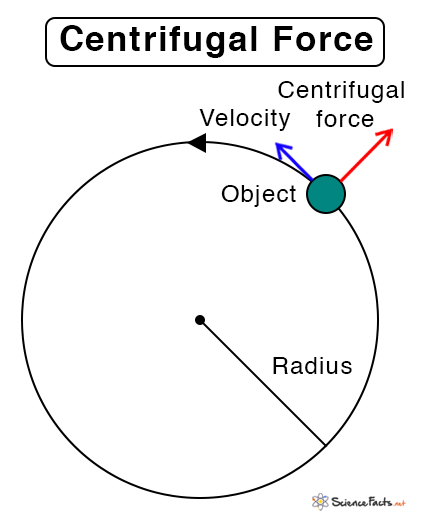
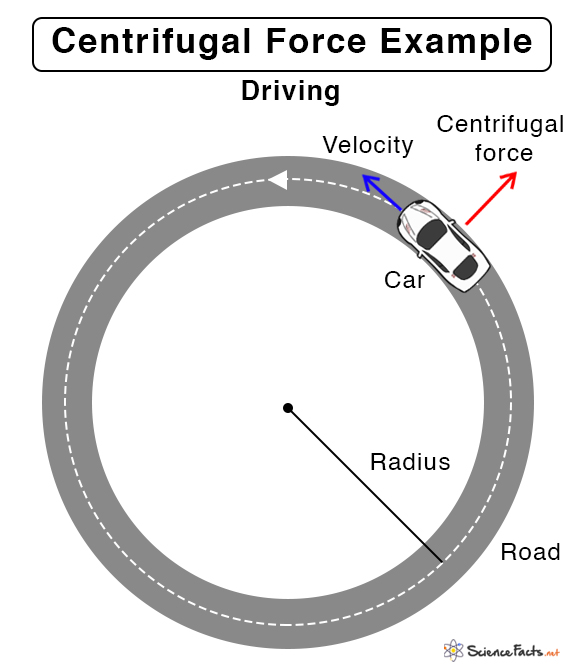
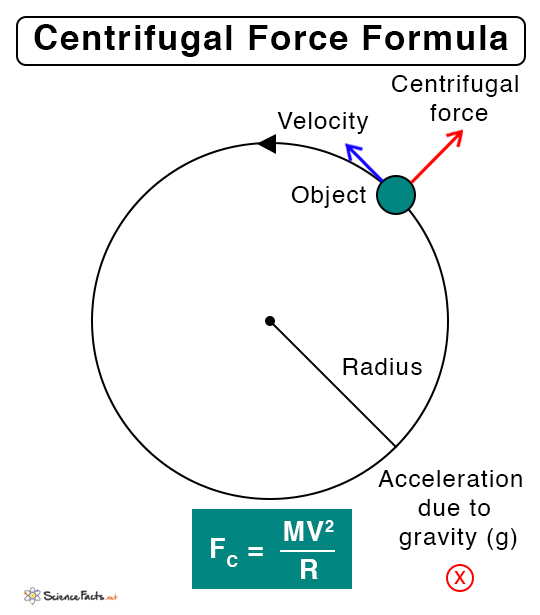




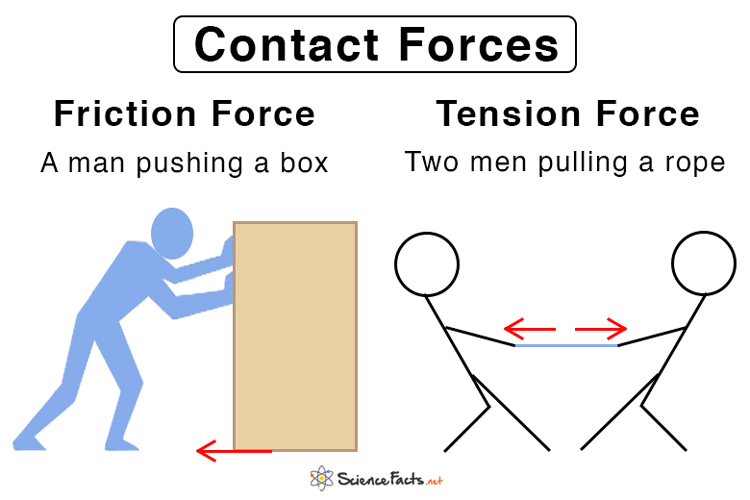
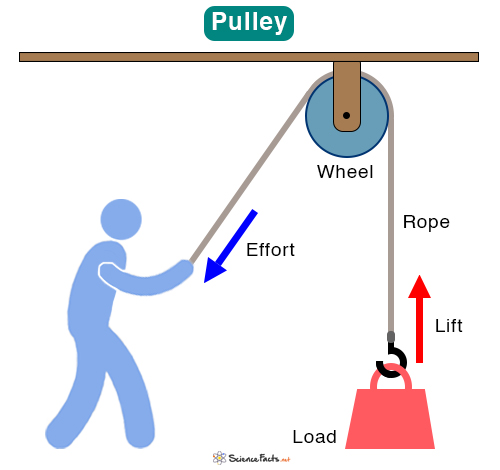
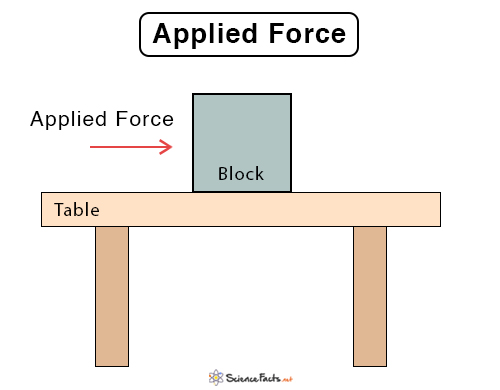
Dear Sir or Madam,
If it were possible to build a system wherein the rotating Object in your Centrifugal Force Formula had mass=1 for half a rotation and mass=0 for the other half rotation and this situation was repeated continuously over many cycles.
Would this create an out of balance situation and a resultant net force in a given direction?
It is a hypothetical situation. The centrifugal force will change with time, resulting in an unbalance situation.